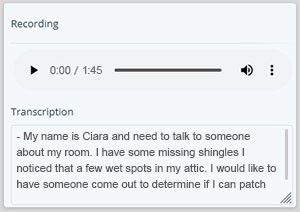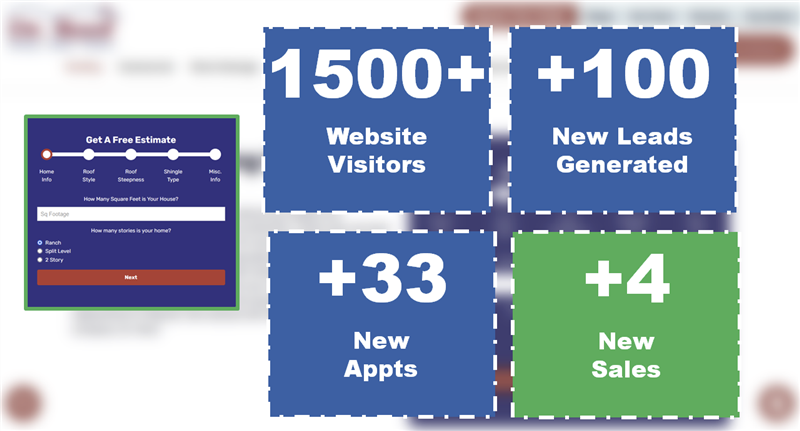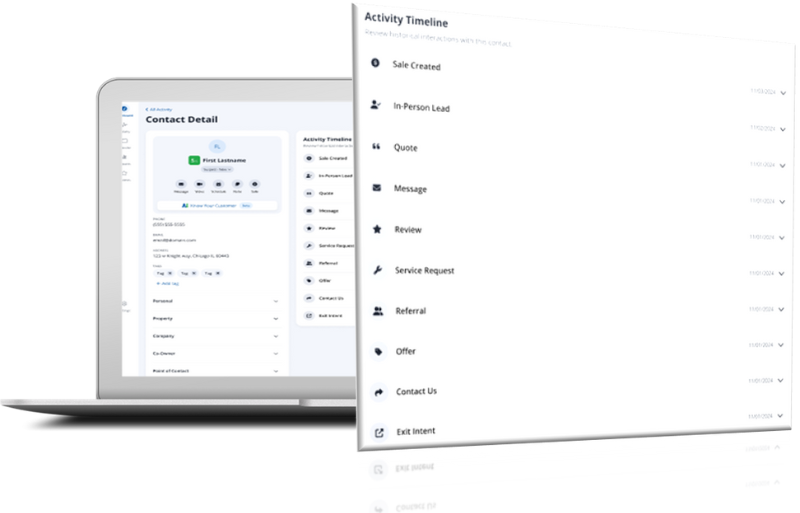Google Bets It Can Make Your Remarketing Smarter

What is remarketing?
If you’re running paid search advertising (e.g. AdWords or Bing), you can show ads to users that have been to your website before without converting. Users that have already spent several minutes on your website have already demonstrated an interest in your company and tend to convert into sales/leads more often than first-time visitors do.
What have advertisers been able to do with remarketing?
Advertisers can show ads to a particular segment of their traffic, including:
- Users that visited a particular page(s). For example, we can target ads to people that have seen pages related to your most profitable offerings (e.g. for a home improvement company, we’d probably want to remarket to customers that have looked at pages related to window replacement rather than window repair).
- Users that took a particular action(s) on your site. For example, if someone started to fill out an in-home estimate form without finishing it, we can deliver an ad encouraging them to come back and finish the form. If someone added a product to a shopping cart without completing the purchase, we can offer them a phone number for friendly order support.
- Users that visited your site at a particular time of day. For example, the users browsing through mattresses at 3 AM probably need a new mattress more urgently than the average person searching during regular business hours. We can target these users with ads tailored to their need (getting a better night’s sleep right away).
- Time on site and/or number of pages viewed.
AdWords’ new option: Smart Lists
In addition to the above options, AdWords advertisers can now have AdWords automatically manage which users are selected for remarketing ads. Google will use each user’s location, device type, region, browser, and referring website (e.g. whether the user came from Google or Twitter) to identify which users are the most worthwhile for remarketing. This makes remarketing a bit easier to set up and saves a few hours of marketing time for more productive work.
In general, I’d recommend that any company interested in remarketing test out smart lists (or have their marketing agency test out smart lists) to see if smart lists are effective for them. However, there is a major caveat. For most small and medium companies, Google’s algorithm makes targeting decisions based on what has worked for similar companies rather than for your company in particular. That could be a problem if your company is atypical in any way. For example, I’d estimate that the average U.S. consumer is willing to travel about 10-15 miles to a mattress store, but only around 2-3 miles in major cities and perhaps up to 20-30 miles in rural areas (because there’s less traffic and generally fewer options close by). Testing your results with traditional remarketing vs. your results with smart lists will give you a better idea of how well Google’s retargeting algorithm understands your business.








